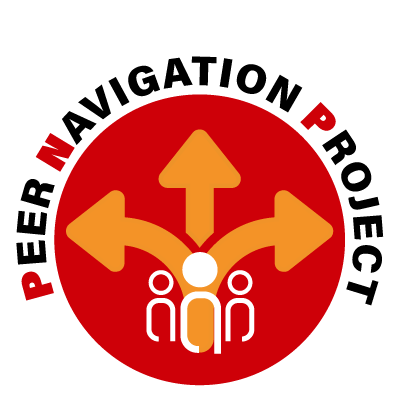Pooja Shah; Mia Kibel; David Ayuku; Regina Lobun; John Ayieko; Alfred Keter; Allan Kamanda; Dominic Makori; Collins Khaemba; Anthony Ngeresa; Lonnie Embleton; Katherine MacDonald; Edith Apondi; Paula Braitstein
Research suggests a burden of HIV among street-connected youth (SCY) in Kenya. We piloted the use of peer navigators (PNs), individuals of mixed HIV serostatus and with direct experience of being street-connected, to link SCY to HIV testing and care. From January 2015 to October 2017, PNs engaged 781 SCY (585 male, 196 female), median age 16 (IQR 13–20). At initial encounter, 52 (6.6%) were known HIV-positive and 647 (88.8%) agreed to HIV testing. Overall, 63/781 (8.1%) SCY engaged in this program were HIV-positive; 4.6% males and 18.4% females (p < 0.001). Of those HIV-positive, 48 (82.8%) initiated ART. As of October 2017, 35 (60.3%) of the HIV-positive SCY were alive and in care. The pilot suggests that PNs were successful in promoting HIV testing, linkage to care and ART initiation. More research is needed to evaluate how to improve ART adherence, viral suppression and retention in care in this population.

